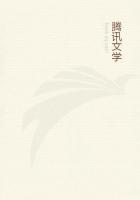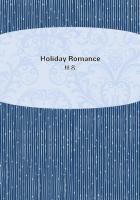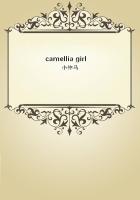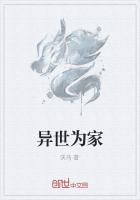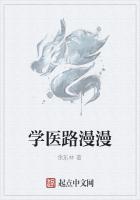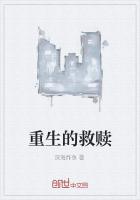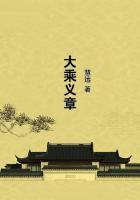KARNAK
Buildings have personalities. Some fascinate as beautiful women fascinate; some charm as a child may charm, naively, simply, but irresistibly. Some, like conquerors, men of blood and iron, without bowels of mercy, pitiless and determined, strike awe to the soul, mingled with the almost gasping admiration that power wakes in man.
Some bring a sense of heavenly peace to the heart. Some, like certain temples of the Greeks, by their immense dignity, speak to the nature almost as music speaks, and change anxiety to trust. Some tug at the hidden chords of romance and rouse a trembling response. Some seem to be mingling their tears with the tears of the dead; some their laughter with the laughter of the living. The traveller, sailing up the Nile, holds intercourse with many of these different personalities. He is sad, perhaps, as I was with Denderah; dreams in the sun with Abydos; muses with Luxor beneath the little tapering minaret whence the call to prayer drops down to be answered by the angelus bell; falls into a reverie in the "thinking place" of Rameses II., near to the giant that was once the mightiest of all Egyptian statues; eagerly wakes to the fascination of record at Deir-el-Bahari; worships in Edfu; by Philae is carried into a realm of delicate magic, where engineers are not. Each prompts him to a different mood, each wakes in his nature a different response. And at Karnak what is he?
What mood enfolds him there? Is he sad, thoughtful, awed, or gay?
An old lady in a helmet, and other things considered no doubt by her as suited to Egypt rather than to herself, remarked in my hearing, with a Scotch accent and an air of summing up, that Karnak was "very nice indeed." There she was wrong--Scotch and wrong. Karnak is not nice. No temple that I have seen upon the banks of the Nile is nice.
And Karnak cannot be summed up in a phrase or in many phrases; cannot even be adequately described in few or many words.
Long ago I saw it lighted up with colored fires one night for the Khedive, its ravaged magnificence tinted with rose and livid green and blue, its pylons glittering with artificial gold, its population of statues, its obelisks, and columns, changing from things of dreams to things of day, from twilight marvels to shadowy specters, and from these to hard and piercing realities at the cruel will of pigmies crouching by its walls. Now, after many years, I saw it first quietly by moonlight after watching the sunset from the summit of the great pylon. That was a pageant worth more than the Khedive's.
I was in the air; had something of the released feeling I have often known upon the tower of Biskra, looking out toward evening to the Sahara spaces. But here I was not confronted with an immensity of nature, but with a gleaming river and an immensity of man. Beneath me was the native village, in the heart of daylight dusty and unkempt, but now becoming charged with velvety beauty, with the soft and heavy mystery that at evening is born among great palm-trees. Along the path that led from it, coming toward the avenue of sphinxes with ram's- heads that watch for ever before the temple door, a great white camel stepped, its rider a tiny child with a close, white cap upon his head.
The child was singing to the glory of the sunset, or was it to the glory of Amun, "the hidden one," once the local god of Thebes, to whom the grandest temple in the world was dedicated? I listen to the childish, quavering voice, twittering almost like a bird, and one word alone came up to me--the word one hears in Egypt from all the lips that speak and sing: from the Nubians round their fires at night, from the little boatmen of the lower reaches of the Nile, from the Bedouins of the desert, and the donkey boys of the villages, from the sheikh who reads one's future in water spilt on a plate, and the Bisharin with buttered curls who runs to sell one beads from his tent among the sand-dunes.
"Allah!" the child was singing as he passed upon his way.
Pigeons circled above their pretty towers. The bats came out, as if they knew how precious is their black at evening against the ethereal lemon color, the orange and the red. The little obelisk beyond the last sphinx on the left began to change, as in Egypt all things change at sunset--pylon and dusty bush, colossus and baked earth hovel, sycamore, and tamarisk, statue and trotting donkey. It looked like a mysterious finger pointed in warning toward the sky. The Nile began to gleam. Upon its steel and silver torches of amber flame were lighted.
The Libyan mountains became spectral beyond the tombs of the kings.
The tiny, rough cupolas that mark a grave close to the sphinxes, in daytime dingy and poor, now seemed made of some splendid material worthy to roof the mummy of a king. Far off a pool of the Nile, that from here looked like a little palm-fringed lake, turned ruby-red. The flags from the standard of Luxor, among the minarets, flew out straight against a sky that was pale as a primrose almost cold in its amazing delicacy.

